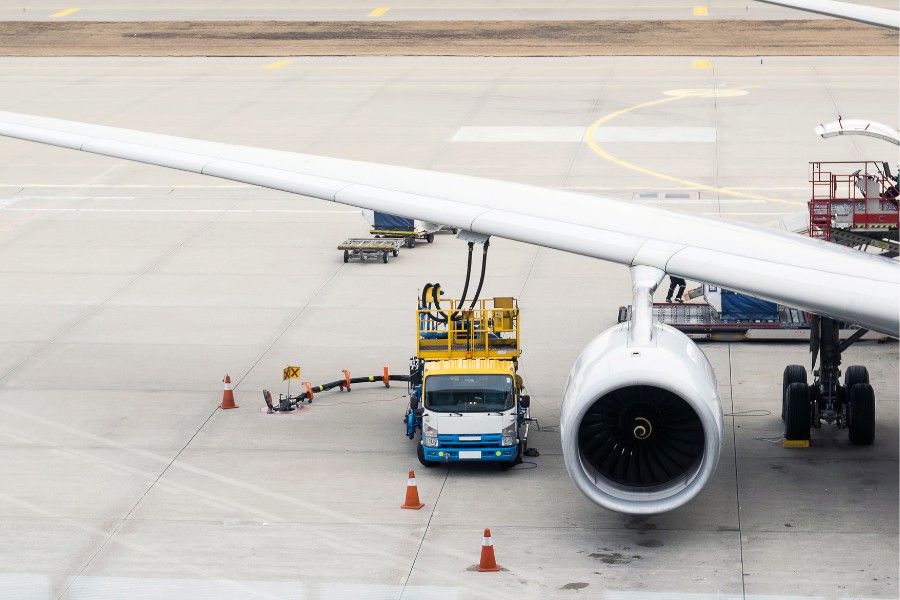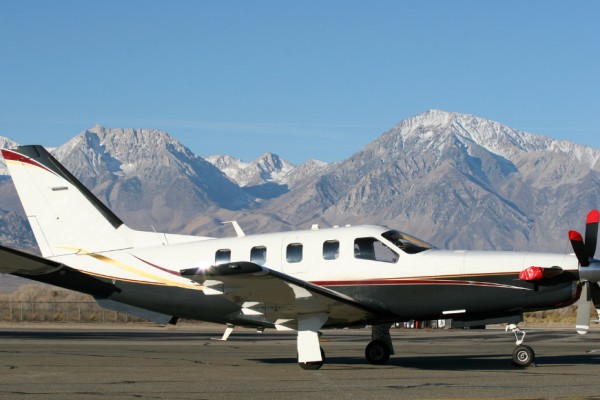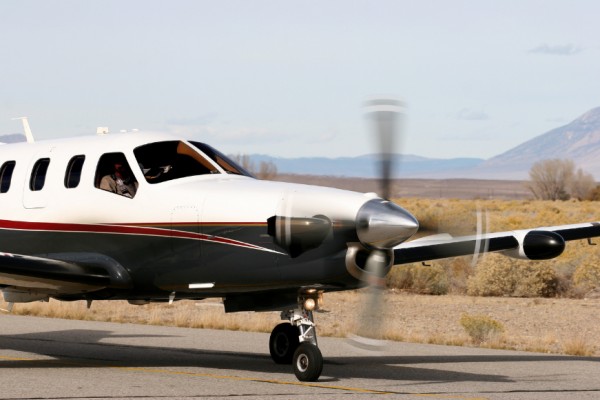- Civil Aircrafts
- 1 year before
Sustainable Aviation Fuel (SAF): Towards Green Flights
Discover the importance of green transformation and reducing carbon emissions in aviation with Sustainable Aviation Fuel (SAF).in this article
-

- 1 year before
- Category: Civil Aircrafts

The Importance of Sustainable Aviation Fuel
The aviation industry has a critical role to play in quickly and efficiently transporting people and cargo from one point to another globally. However, this method of transportation has a heavy environmental impact. Fossil fuels are a major source of carbon emissions and a major driver of global warming. In this context, Sustainable Aviation Fuel (SAF) stands out as a great light of hope in efforts to reduce emissions and protect the environmentWhat is SAF and How is it Produced?
SAF is a type of fuel derived from renewable sources and emits much less carbon emissions than conventional jet fuels. Biomass can be obtained from different sources such as biogas, sugar cane and waste oils. SAF can be used directly within the traditional fuel infrastructure, thereby contributing to the transformation of the aviation industry towards a more sustainable future
The Effects of SAF on the Aviation Industry
The use of SAF in the aviation sector is an important step in reducing carbon emissions by replacing fossil fuels. This fuel provides a cleaner combustion during flight and significantly reduces greenhouse gas emissions. With the increased use of SAF, it will become more likely that the aviation industry will meet the emission targets pledged in the Paris Agreement.The Future of SAF and Emerging Technologies
Today, the production and use of SAF is increasing rapidly. The aviation sector is committed to investing in sustainable fuels to reduce its carbon footprint. Manufactured using advanced technology, SAF will play a huge role in moving the aviation industry to a greener and more sustainable future.





